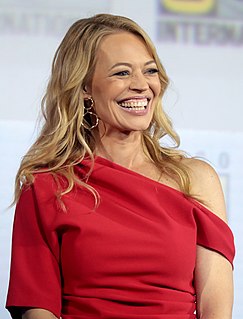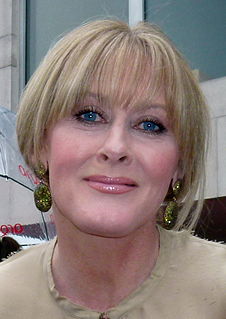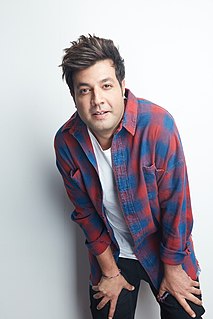A Quote by Ving Rhames
A lot of times, scripts are written so the character is all one way. Even with 'Bringing Out the Dead,' the character was written a little more generic.
Related Quotes
Stage is so important because it teaches me how to convey character with words - how to convey how a character reacts by the way they appear on stage. I can usually tell a playwright from someone who has never written for the stage. Did the character work? Did the dialogue reveal who the character is?
There have been times I thought that when I got a certain point in the story, a certain character was going to do a certain thing, only to get to that point and have the character make clear that he or she doesn't want to do that at all. That long phone conversation I thought the character was going to have? He hangs up the phone before the other person answers, and twenty pages of dialog I had half written in my head go out the window.



































